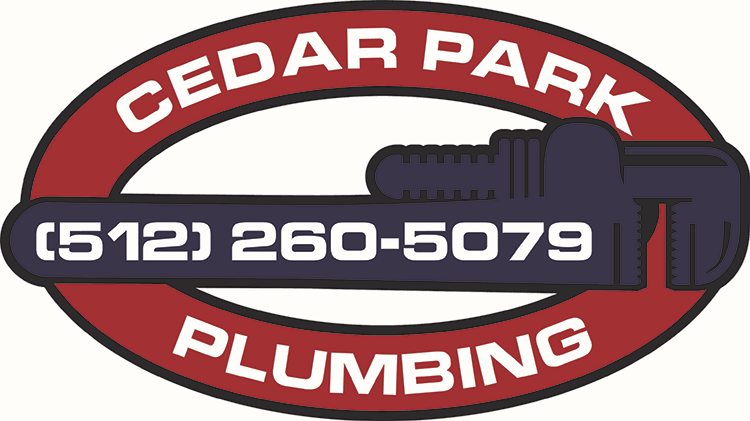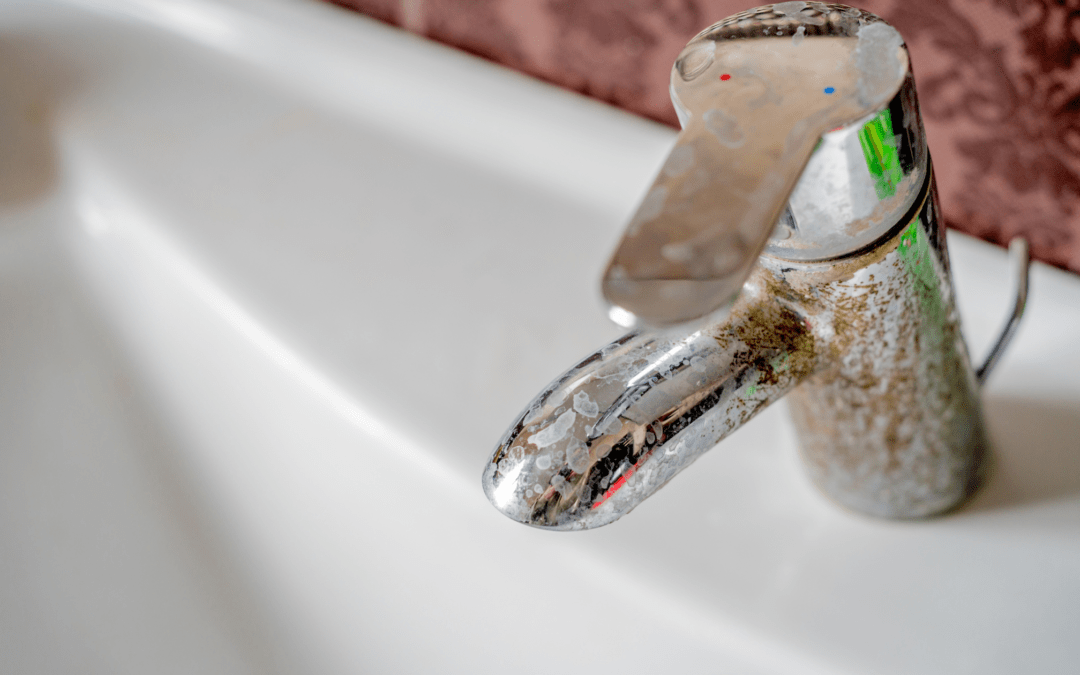Water is a basic necessity, but not all water is equal. Some areas have soft water, while others have hard water. If you’re curious about the differences between soft and hard water, then you’ve come to the right place. In this blog post, we’ll discuss several interesting facts about soft and hard water that you may not already know.
Definition of Soft and Hard Water
To understand the differences between soft and hard water, it’s important to first know what each term means. Soft water is water that has a low concentration of dissolved minerals such as calcium and magnesium. Conversely, hard water contains a high concentration of these minerals. The type of mineral that is present in hard water can vary depending on the region.
Effect on Household Appliances
One of the biggest differences between soft and hard water is the effect it has on household appliances. Hard water can cause mineral buildup in appliances like washing machines and dishwashers, leading to decreased efficiency and a shorter lifespan. Soft water, on the other hand, does not have this issue and can even help extend the lifespan of these appliances.
Soap and Detergent Efficiency
Another interesting thing about soft and hard water is how they affect soap and detergent. Soft water lathers more easily since it does not contain the minerals that can prevent soap from binding with water. This means you may need less soap when using soft water. Hard water, on the other hand, requires more soap due to the minerals present.
Health Effects
While both soft and hard water are safe to drink, there are some differences in their health effects. Hard water may be beneficial to bone health since it contains calcium and magnesium. However, excessive intake of these minerals can cause health problems like kidney stones. Soft water, on the other hand, is often preferred for people with skin conditions since it is less drying than hard water.
Treatment Options
If you’re unhappy with the type of water in your area, there are treatment options available. Water softeners can be added to your plumbing system to remove excess minerals and create soft water. Likewise, there are treatment options for hard water that can filter out the specific minerals causing issues. It’s important to research which treatment is best for your specific needs before making a purchase.
Conclusion
In conclusion, there are many interesting facts about soft and hard water. While both types of water have their advantages and disadvantages, it’s important to understand the differences so that you can make an informed decision when it comes to your water usage. Whether you’re looking to improve the lifespan of your household appliances or choosing the best water for your skin, there is a solution available that can help you achieve your goals.
Contact Cedar Park Plumbing Today!
If you need assistance determining the best water type for your home or implementing a treatment system, don’t hesitate to reach out to us at Cedar Park Plumbing. Our team of professionals is equipped to handle all your plumbing needs, from installing water softeners to providing comprehensive hard water treatment options. Contact us today to start improving your water quality and achieving your household goals!

